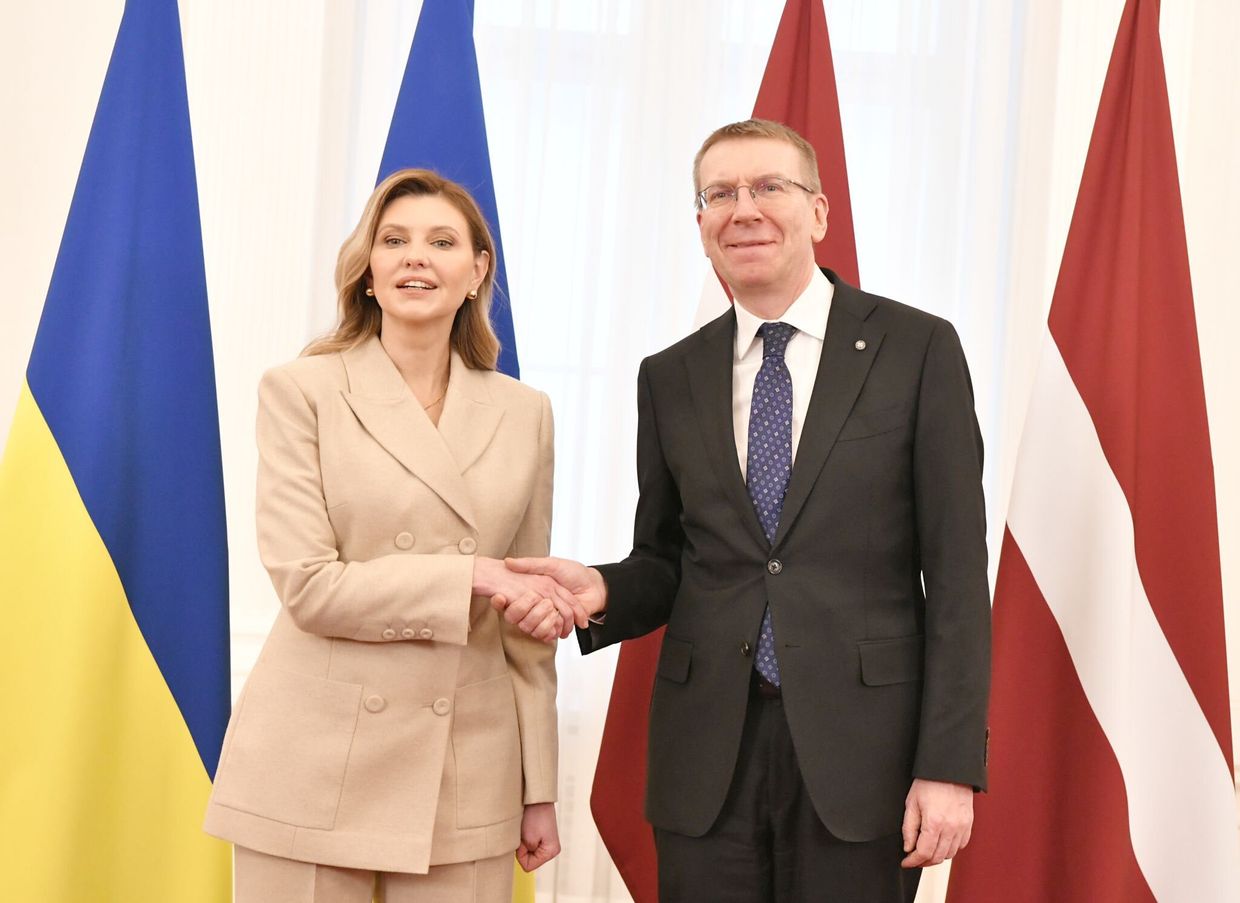Latvian farmers protest Russian, Belarusian food imports.
Farmers protested in 16 towns and cities across Latvia to demand an immediate ban on the import of food products from Russia and Belarus, Latvian media outlet Delfi reported on Feb.
5. Russian agricultural products are not sanctioned by the European Union, but Latvian President Edgars Rinkevics said on Jan.
24 that he would support a ban on the import of Russian grain "both for political and economic reasons." Latvia's coalition government then announced on Jan.
29 that it was supportive of the ban and would submit a draft law to parliament in February. As well as a ban on Russian and Belarusian food products, the farmers are demanding a reduction in red tape in the agricultural sector, wider access to financing, and a reduced VAT rate for fruits and vegetables native to Latvia. The demands have been formally submitted to the government, Juris Lazdins, chairman of the board of the farmers union "Zemnieku Saeima," told Delfi.
If the farmers do not receive answers and proposed solutions, "we are ready to go to Riga on Feb.
12," Lazdins said. A Latvian official said in December that over 380,000 metric tons of Russian grain had been imported into the European Union through Latvia in 2023, an increase of about 80,000 tons of grain compared to 2022. This figure does not include the grain transported from Russia to non-EU countries via Latvia.
Rinkevics argued that Russian grain imports support the Russian economy, and therefore its army, and what is labeled as Russian grain may in fact be Ukrainian grain stolen from Russian-occupied territories. Presidential Advisor Martins Dregeris said later on Jan.
24 that Rinkevics would support a ban in Latvia "without waiting for a joint decision by the European Union."
First Lady Zelenska arrives in Latvia Ukraine's First Lady Olena Zelenska arrived in Latvia on Jan.
31 for a two-day visit to meet top Latvian officials and participate in the conference "Russia's war on children" in Riga.
